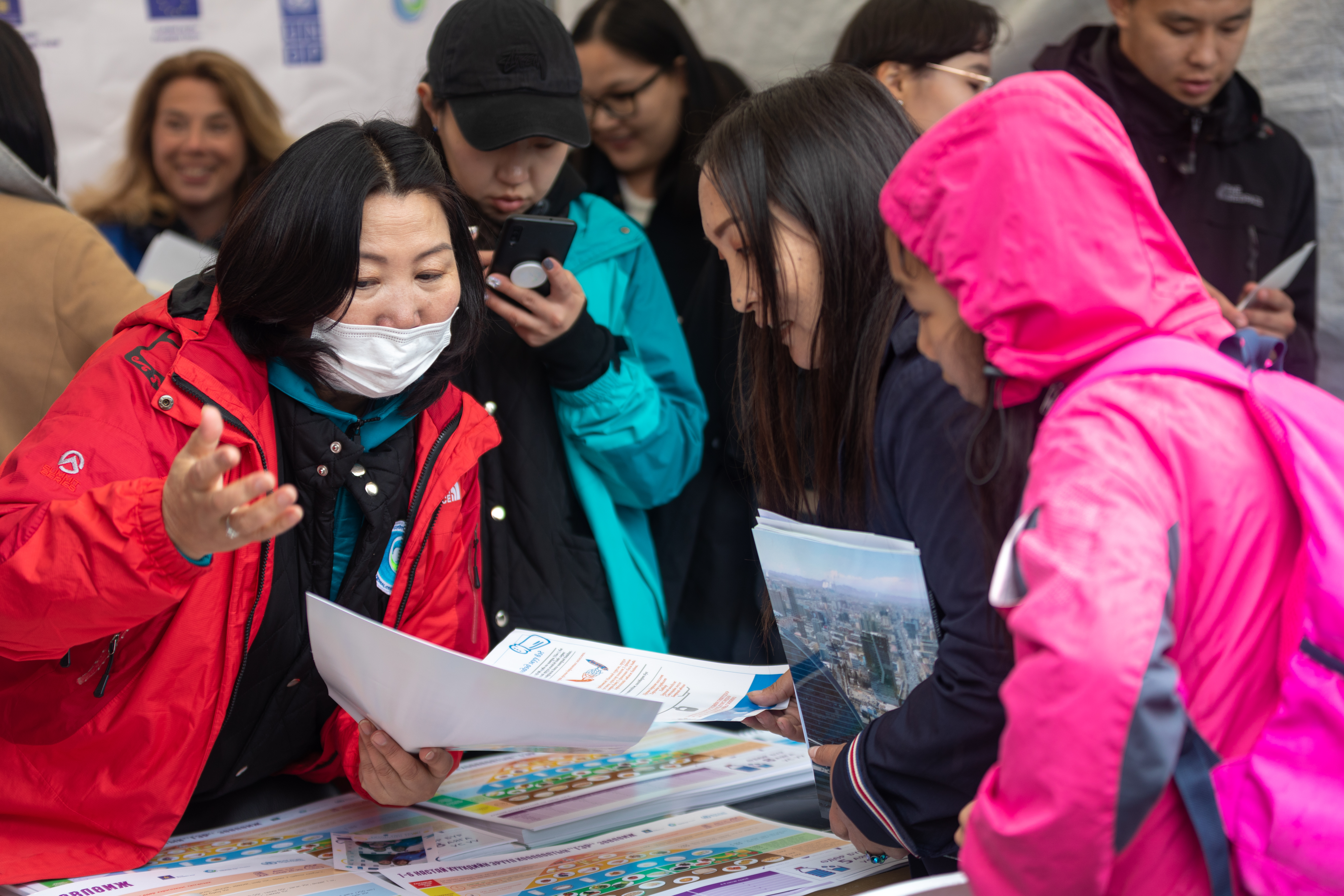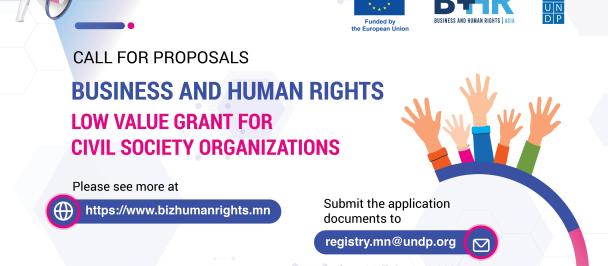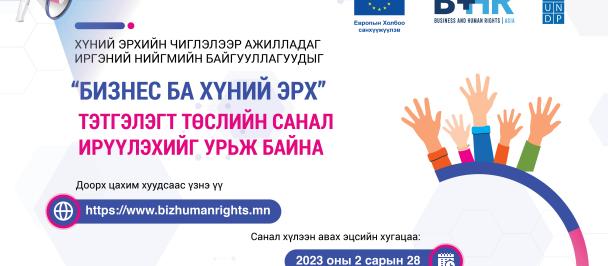The EU funded “Advancing Health and Environmental Sustainability Through Action on Pollution” project supports government to address adverse impact to public health caused by pollution
June 9, 2022

ULAANBAATAR, Mongolia – There is about an one in three chance that a Mongolian will die before the age of 70 from either cardiovascular disease, diabetes, chronic respiratory disease, or cancer.
An often-overlooked cause of these deadly non-communicable disease is environmental pollution.
According to the World Health Organization (WHO), unhealthy environments account for almost a quarter of all deaths globally amounting to 13 million deaths annually worldwide.
The EU-funded “Advancing Health and Environmental Sustainability Through Action on Pollution” project implemented by the UNDP supports the Government of Mongolia to address the high rates of non-communicable diseases caused by pollution.
Recently, in cooperation with the National Center for Public Health, the project team presented to the public during the EU Day event the risks environmental pollution can have on their overall health. Hundreds of people had the chance to speak to the project team and volunteers to gain insights on how they can improve their health and protect themselves from pollution.
“According to the 2019 data by the Institute for Health Metrics and Evaluation, we know that exposure to pollution, specifically air pollution, is a major cause of non-communicable diseases in Mongolia, such as stroke, heart disease, diabetes, lung cancer and pulmonary diseases, and is resulting in higher rates of morbidity and mortality, so we must accelerate our actions on pollution for the health of all Mongolians” said H.E. Axelle Nicaise, Ambassador and Head of Delegation of the European Union to Mongolia.
UNDP is providing technical guidance to the Government to reduce pollution with the intent to lower mortality and morbidity rates by accelerating actions to clean-up the environment – to improve the overall health of the population.
“The final beneficiaries of the project will be the citizens of Mongolia, especially the population groups most vulnerable to pollution, as the project aims to reduce pollution to lower NCD mortality and morbidity through its focus on key governance, legislative, financing, and political barriers to action,” said Ms. Nashida Sattar, UNDP Deputy Representative to Mongolia.
“This project is really important because people really need information about how environmental pollution can negatively impact their health. Today I spoke with so many people that didn’t know about the impacts of pollution,” said Nana, a project volunteer and student studying to be an environmental engineer.
UNDP and the Government of Mongolia, through the project, are working to achieve the following results over the next 18 months:
- Decision makers have access to and are better equipped to use data on 1) economic losses due to inaction on the environmental determinants of NCDs and 2) projected return on investment in priority interventions for multi-sectoral planning and budgeting purposes.
- Multisectoral and multi-stakeholder actions on NCDs are inclusive of environmental determinants.
- Capacity to advance coherent environmental laws, policies, standards, and regulations in relation to pollution and health is enhanced.
- Global advocacy is strengthened, and newly developed guidance and tools are disseminated to scale up action at the nexus of health and environment, in particular pollution.
* * *
About the Delegation of the European Union to Mongolia: The Delegation of the European Union to Mongolia was established in 2017. It conducts official relations between the European Union and Mongolia, seeks to deepen EU-Mongolia cooperation, and exchanges in all fields.
About UNDP: United Nations Development Programme (UNDP) works in nearly 170 countries and territories, including Mongolia, helping the country to develop policies, leadership skills, partnering abilities, institutional capabilities and build resilience in order to sustain development results.
For project or media-related inquiries, please contact:
Terelj Batbold
Technical Officer
UNDP Mongolia
Tel: 976-89005074
Email: Terelj.batbold@undp.org

 Locations
Locations
